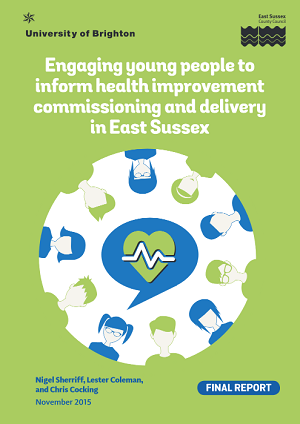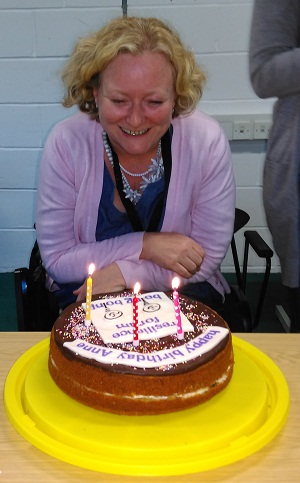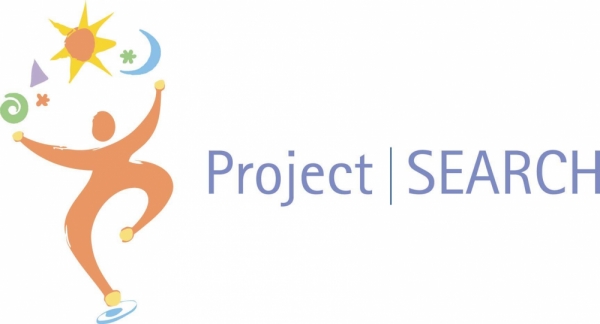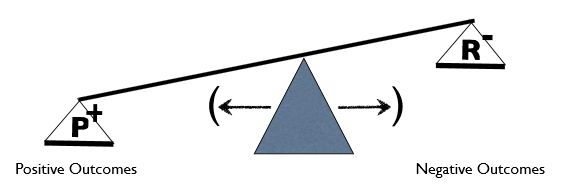Yehuda Tagar, assisted by colleague and fellow therapist Tessa Martina, was here to convince us of the value the Methodical Empathy approach, which draws on the transformative power of theatre, as well as various counselling and psychotherapeutic theories, and resonated for some with mindfulness-based compassion and meta-cognition.
Resilience Forum
Methodical Empathy is a skill-based method of self-training which can be imparted to anyone with any level of starting point. It combines the objectives of self care, requiring ‘self-empathy’ with the objectives of understanding and caring for others, as the one cannot evolve without the other.
Research on young peoples’ perspectives on attempts to build resilience was undertaken within the voluntary sector, at an inner-city alternative education provision, catering for traumatised difficult-to-reach young people, and within the private sector, at the National Citizen Service, a Government initiative to engage a more cohesive society and enhance resilience in young people.
We conducted focus groups with around 100 young people in a variety of educational and youth settings across the County and asked them about how schools and youth services could help encourage increased resilience in young people with a view to providing recommendations for commissioning relevant services.
Social media is changing the way young people interact with each other. Using social media is amongst the most common activity of young people, with one research poll demonstrating that 22% of young people access social networking sites more than ten times a day.
Project SEARCH ensures that there is no break for students between school and work, so that students do not become unemployed at any point, and are transitioned into the identity of a working person. Students are based in the workplace, learn employability skills and go on work placements every day to prepare them for a real paid job.
Positive feelings contribute to greater resilience in various ways. Whereas negative emotions tend to narrow attention to the source of the negative feelings, positive emotions do the reverse, broadening people’s ideas about options for actions, they build hope and other personal resources that support resilience.



